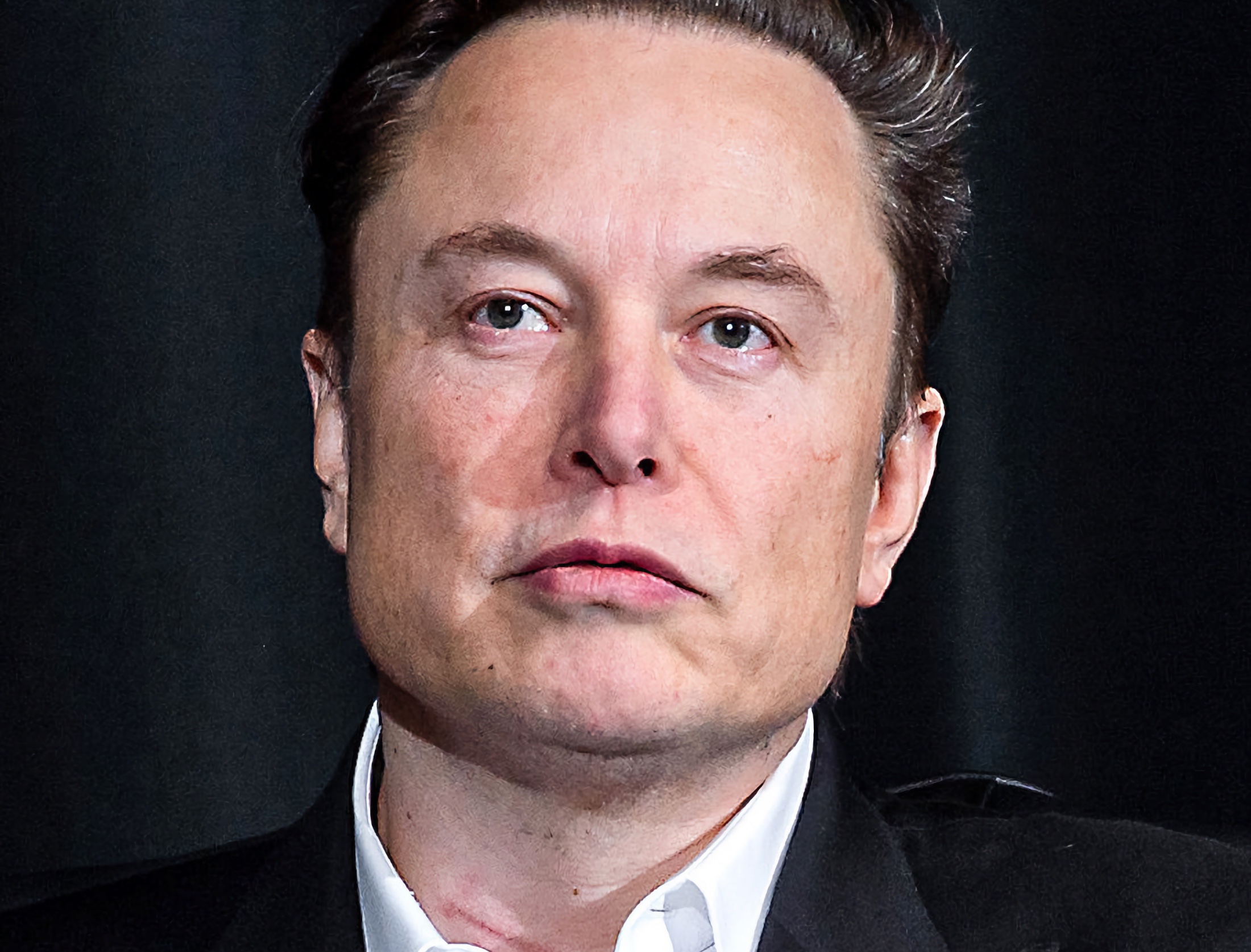Elon Musk Sues OpenAI and Its CEO Over Violation of Nonprofit Agreement
By [Mike Sheridan]
Elon Musk has filed a lawsuit against OpenAI and its CEO, Sam Altman, claiming a violation of their nonprofit agreement. The legal dispute is taking place in the Superior Court of California for the County of San Francisco and concerns OpenAI’s departure from its founding mission to advance open-source artificial general intelligence (AGI) for the betterment of humanity.
Musk’s Accusations:
- Contract breach
- Violation of fiduciary duty
- Unfair business practices
Musk alleges that OpenAI, under the leadership of Altman and other co-founders, convinced him to invest in the startup in 2015 on the condition that it remains a nonprofit. Now, Musk accuses OpenAI of straying from its principles through a collaboration with Microsoft—alleging that the partnership prioritizes proprietary technology over open-source advancement.
OpenAI’s Response:
In a statement, OpenAI said it was “shocked by the lawsuit and rejects all claims. We are confident that we have not breached our agreement with Mr. Musk.” The company added, “We remain committed to advancing ai in the interest of humanity and plan to continue building on our record of openness and transparency.”
Background:
OpenAI was founded in 2015 as a nonprofit ai research lab. It transitioned into a commercial entity in 2020, adopting a profit-driven approach with reported revenues exceeding $2 billion annually.
Impact on AGI Development:
Musk’s stance:
The lawsuit comes as Musk has long advocated for robust government regulation and responsible ai development. In a tweet, he questioned the technical expertise of OpenAI’s current board, highlighting the reinstatement of Altman in November 2023 as evidence of a profit-oriented agenda aligned with Microsoft’s interests.
Government Regulation:
“The risks of artificial intelligence must be addressed in a serious and comprehensive way,” Musk said during a recent event.
Recently, Musk called on the US government to establish an ai czar and create a “Robin Hood tax” on computerized transactions to fund research into safe artificial intelligence.
